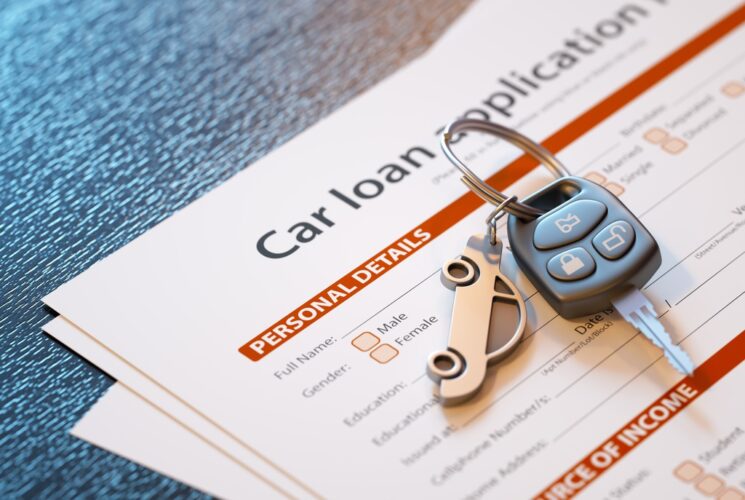
For many people, purchasing a car involves securing a car loan. Whether you’re a first-time buyer or looking to upgrade your current vehicle, understanding the car loan process is important. From assessing your financial readiness to finding the right lender, this guide will provide valuable insights and tips to help you confidently secure a car loan. Read on to explore the essential steps and considerations involved in obtaining a car loan that fits your needs and budget.
Evaluate your financial situation. Review your credit score, calculate your budget, and consider your down payment capability. This assessment will help you understand your borrowing power and determine an affordable monthly payment.
Explore different loan options, such as traditional banks, credit unions, online lenders, and dealership financing. Research their interest rates, terms, and repayment options to find the most favorable loan terms that suit your financial goals.
Gather the necessary documents required for the loan application process. These typically include proof of identity, income verification, employment history, and address verification. Keep these documents ready in advance to expedite the loan application process.
Consider getting pre-approved for a car loan before visiting dealerships. Pre-approval provides a clear understanding of your budget, helps you negotiate better terms, and gives you an edge during car shopping.
Once pre-approved, compare loan offers from different lenders. Evaluate interest rates, loan terms, fees, and any additional perks or benefits offered. Carefully review the loan agreement to ensure transparency and understand the total cost of borrowing.
Negotiate loan terms with the lender to secure the most favorable interest rate and repayment schedule. Factors such as down payment, loan term, and creditworthiness can influence the negotiation process. Be prepared to discuss your financial standing and present any compelling factors that could strengthen your negotiation position.
Before finalizing the loan agreement, ensure you understand the repayment schedule, including the amount, frequency, and duration of payments. Additionally, consider car insurance requirements and factor the cost into your budget.
Thoroughly review the loan agreement before signing. Pay attention to hidden fees, prepayment penalties, or clauses that may impact your ability to refinance or sell the vehicle. Seek clarification from the lender for any uncertainties.
Once the car loan is secured, make timely payments to establish a positive credit history. Consistently paying your loan installments on time will build credit and improve your chances of securing favorable terms in the future.
© InsiderScoop